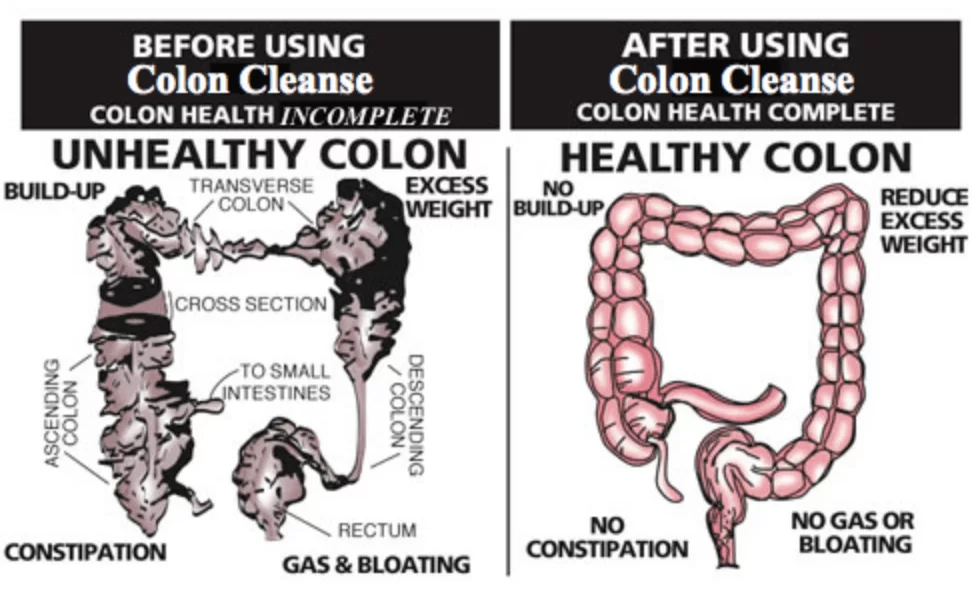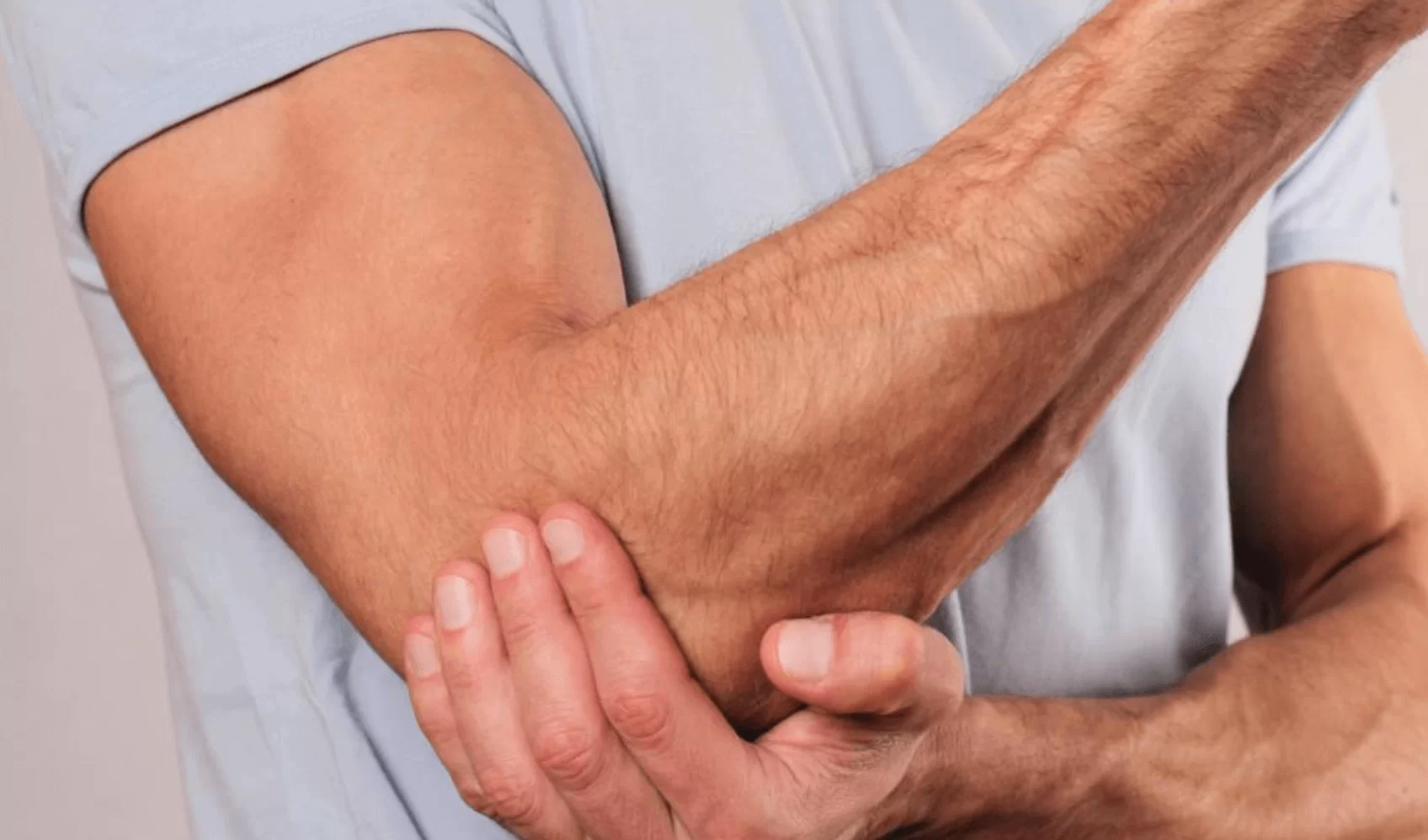
Tendonitis is the name for inflammation of the tendons, the fibrous strings that keep your muscles connected to your bones. You probably don’t think much about tendon health until they start to hurt. The pain of tendonitis can be quite debilitating and is mostly caused by certain sports, like tennis, golf, running, cycling, badminton, and boxing – anything that causes you to move in a repetitive manner or high-intensity exercise that jars the joints. There is a common misconception that tendonitis only affects sportspeople but also affects people who don’t move much all day, like those sitting in office chairs. It affects anyone who repetitively moves a certain body part, and especially when combined with poor posture, secretaries and cleaners are prone to tendonitis, as are gardeners and people who lift heavy boxes all day. Those who suffer from medical conditions like Rheumatoid arthritis or gout may also get tendonitis due to the stress these conditions place on their joints. A repetitive strain injury is a very common form of tendonitis. If you decide to rest immediately and make postural changes where necessary, tendonitis might go away independently. This may happen any time between a couple of weeks or several months, but if instead it is exacerbated by further repetitive movements, the pain can be overwhelming. In this case, a proper course of treatment should be undertaken.
Tendonitis affects everyone… know the signs!
Tendonitis tends to affect people over the age of 40 more often, which is due to wear and tear; tendons lose their elasticity over time and become more easily damaged with age. They can become inflamed and tear or rupture, which is incredibly painful. It is often accompanied by joint or muscle pain, and it is not only sports fanatics and older people who suffer from it, though, so it is important to take care of your tendons through mindfulness, whatever your age. The pain of tendonitis varies according to the area and depends on how you have over-exerted the joint. It can range from a dull ache to a sharp burning or stinging pain, both of which may come on with the slightest movement. This can make it extremely difficult to perform even the most menial tasks. Inflammation often leads to swelling and soreness, as well as stiffness. The condition affects different body areas, but most commonly, it happens in the hands, fingers, wrists, shoulders, elbows, heels, knees, and hips. For example, you may have heard of the terms tennis elbow or golfers elbow. There are a few similar nicknames for tendonitis, mainly relating to sports. The pain shouldn't be underestimated; it can be extremely disruptive, preventing sleep, work, daily chores, and, of course, the activities that caused it in the first place.
What are the best treatment options for tendonitis?
In advanced cases of tendonitis (such as serious carpal tunnel syndrome), it may be necessary to undergo a surgical procedure. Ruptured tendons are something to be taken seriously, and the pain will surely let you know! However, in most instances, if caught early, it can be treated naturally. First, you’ll need to decide exactly which activity has caused it and either completely stop or take a period of rest from that activity or consumption.
1. Rest, recuperation and support
For professional athletes or those who have sustained their tendon injuries through work, the minimal measures taken should include heat or ice packs, rest, and physical supports such as wrist or knee braces. In severe cases, physiotherapy may be necessary. Stretching exercises help and improve circulation (to increase the tendons’ blood supply); this should be combined with a reduction in intensity and frequency of exercise. Failing to rest at the start of your tendonitis will mean that your body will force you to rest later, and probably for an extended period.
2. Consume plenty of natural anti-inflammatories
- Dark, leafy green vegetables are your friends. Try to consume as many of them as possible in their raw state. They contain helpful antioxidants, as well as minerals, vitamins C and vitamin K. Fruits, like berries, will help; anything with a high vitamin C content and pineapple is anti-inflammatory. Supplement a high-quality atmospheric vitamin C if you need to.
- Make sure you're getting enough healthy plant protein. Whey is a byproduct of the dairy industry, and dairy is inflammatory, so this should be avoided. Hemp or pea protein are good options, as are those made from brown rice flour. Protein is crucial for the body to repair damaged muscles and tendons.
- Potassium, magnesium and zinc are helpful too. Ensure you're getting enough of these in your diet or supplementing them. Zinc helps with tissue repair, and magnesium assists with muscle recovery, circulation and rest. Eat coconut products, avocados, bananas and lots of greens. Supplement magnesium chloride spray if necessary.
- Omega-3 fatty acids are anti-inflammatory and can be obtained through plants and fish oils. You can supplement these easily.
- MSM is one of the most important supplements in your recovery. This sulfur is a very beneficial substance for the healing of tendons in particular. MSM is very anti-inflammatory and regularly treats muscle and joint pains.
Avoid products that make inflammation worse.
It goes without saying that there are certain things that you should also be avoiding. Any acidic or inflammatory foods will challenge your entire system and certainly exacerbate the problem. That means avoiding alcohol, caffeine, refined sugar, processed salt and sodium, grains and cheap supermarket refined oils. That list isn't so extensive, and who knows, perhaps your tendonitis and the resulting measures you take to heal will be the start of the road to long-lasting health and vitality. Feel free to speak to MediMush staff at any time about these possibilities!




 The pH Balancing Act: Alkaline for Vitality
The pH Balancing Act: Alkaline for Vitality
 Could you be Addicted to Sugar?
Could you be Addicted to Sugar?

.png)







.webp)



